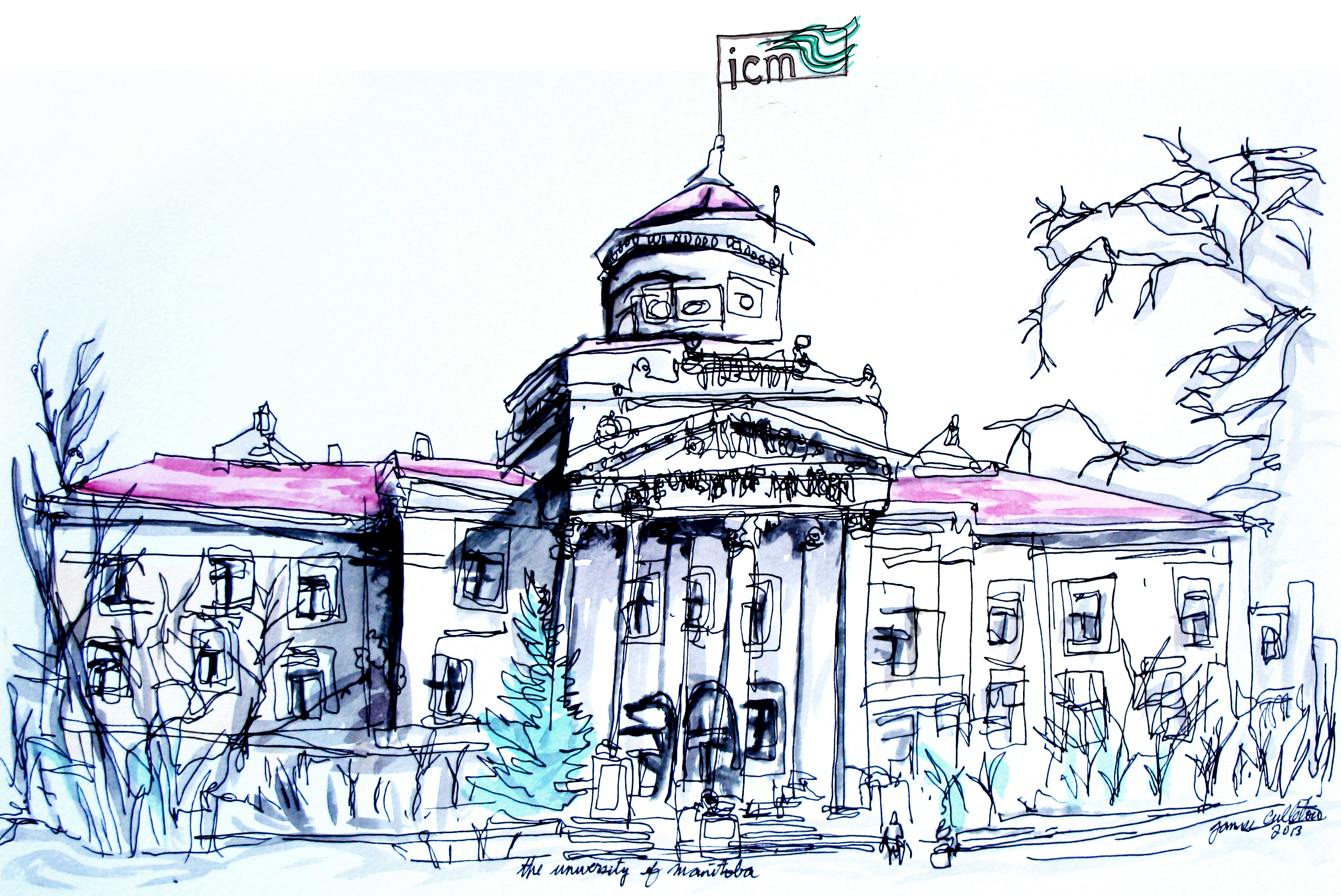A privately-run college located on the University of Manitoba campus, the International College of Manitoba (ICM), has recently drawn anger from former students and the University of Manitoba Faculty Association (UMFA) for its recruiting strategies abroad and business practices, which some see as questionable.
ICM is a private college distinct from the U of M. It markets itself as an intermediate step between high school and undergraduate university studies for international students wishing to study in Canada who require additional preparation in either the English language or high school prerequisites.
CBC ran an investigative report into ICM’s conduct last month and several former students of ICM have publicly expressed feelings of being misled by recruiters working for the college.
Nabeel Fakhur, a former student of ICM originally from Pakistan, told CBC Manitoba that he feels his recruiting agent was not up front with him about the program he had signed up for. Fakhur said the agent not only implied that he would be attending school as a U of M student, but also made promises about gaining employment and citizenship in Winnipeg that never materialized.
“He didn’t really mention a lot about ICM. He just explained things to me as if I would be going to the U of M,” said Fakhur in an interview with CBC.
Two other students interviewed by CBC expressed frustration over their experience with ICM. One student explained that the courses were much too easy and also that a recruiting agent promised him he would be able to work in Canada – while most international university students are able to work in Canada, those attending private colleges are not legally allowed to.
In response to the recent complaints, a representative of the college commented to the Manitoban, “We work hard to form good relationships with our students and have very robust student support systems,” said the rep. “We were disappointed and surprised to hear of the matters raised in the CBC article.”
ICM asserted that the students interviewed by CBC never approached them, and “[had] since followed up with all three students to ensure any problems are resolved.”
The ICM official also referenced an “independent third party benchmarking survey [from fall 2011]…that had a 77 per cent response rate from ICM students and showed an overall 91.8 per cent satisfaction rate with their experience at ICM.”
UMSU president Bilan Arte spoke with the Manitoban about interactions between ICM students and UMSU.
“Many ICM students have approached UMSU with grievances against the college [ . . . ] Some mention tuition fees higher than what they expected. Although ICM students are not U of M students, and thus not technically represented by the union, we try to help and support students in general.”
Arte also noted on the usage of U of M symbols and letterheads on ICM documents supplied to new students at the college.
“In fact, some students don’t realize that they are not U of M students until they approach UMSU to register their complaints.”
Another issue taken by students of the college is its refund policy. After the first day of classes, students are no longer eligible for a refund of their money.
A student who chooses to withdraw within “ten weeks or less” of the start of classes is only eligible to receive 50 per cent of their term fees back plus an administration fee of $500.
ICM’s parent company, Navitas, responded in a statement: “all students acknowledge in writing that they have read ICM’s refund policy before they accept an offer to the college.”
UMFA is upset about the presence of the college on campus because of the potential for outsourcing of teaching jobs to non-faculty, and also because ICM competes with the university for publicly-funded resources, explained past-president of UMFA and a professor in the Asper school of business Cameron Morrill, to CBC during their December investigation into the college.
“We’re giving publicly-funded classroom space to [ICM]. It’s important for the university to demonstrate that we’re providing good stewardship to the resources that the people of Manitoba give to us.”
Arte similarly commented that ICM’s presence on campus is problematic for UMSU members who pay the U of M to use its resources through tuition fees, but then may have to compete with the private college for access to those resources.
“I think it is important for us to work in solidarity with other groups in order to bring to light the way this privatization affects us on campus.”
The U of M senate went over an annual report on the activities of ICM at its Dec. 5, 2012 meeting. There are reports that ICM may again be a topic of discussion for the senate at its meeting on Wednesday, Jan. 9.


